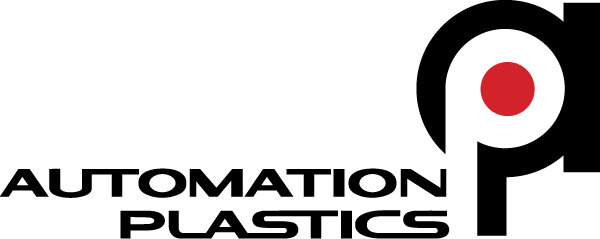7 Questions to Ask Before Choosing a Plastic Injection Molder
Injection molding is one of the best and most cost-effective ways to manufacture high-quality plastic parts. The benefits of plastic injection molding include:
Enhanced design flexibility
Higher part quality and durability
Speedy production
Automated workflows
And much more. It’s no wonder that the global market for plastic injection molding is expected to grow from $139 billion in 2018 to over $230 billion by 2023, according to BBC Research.
However, to truly capitalize on the benefits of plastic injection molding, you need to find the right manufacturing partner. A thoughtful and experienced partner will help you design the perfect part faster, without wasting unnecessary capital and valuable engineer hours.
How Do I Get the Best Plastic Injection Molded Parts?
If you want to bring your designs to life with the best parts possible, you need to find a molder that will support you along your journey. Manufacturing a high-quality plastic part is a process, and the success and strain of that process will be determined largely by what molder you partner with.
The skill and experience of your molder, along with the caliber of their molding equipment, can make all the difference. A good molding partner will be able to:
Streamline and simplify the design process
Save on tooling costs and other expenses
Eliminate rework and design flaws
Create an overall better part
So, would you rather a part exceed expectations and provide the most value to your customers, or cause production issues and lower the overall quality of your products? Here are the questions to ask before choosing a plastic injection molder so that you don’t end up with the latter:
1. Do they have experience with my industry/application?
Different industries have different requirements and regulations. The right vendor will be experienced with the type of part that you’re creating, as well as the unique standards of your industry.
If you’re designing a totally new part unlike anything else made before, finding a molder with extensive prototyping experience will help you navigate the somewhat difficult design process. The right molder will tell you when a design just isn’t feasible or cost-effective, and then show you what you can do instead.
2.Do they have the right molding technology and processes for my part?
Different molding technologies and methods exist to meet the needs of a wide range of applications. From traditional injection molding and structural foam molding, to precision molding and thick wall molding, you’ll want to specify what’s best for your part and then make sure that your molder has the technology to support your chosen process.
3. Can they meet my deadlines?
Deadlines matter. Missing a deadline can mean delayed production, lost revenue and upset customers. That’s why you need to talk through any deadlines with a potential vendor in the beginning so that you know what to expect.
You may not be able to get exact timeframes in the very beginning since the design process is often a bit fluid, but you should generally know when to expect your first batch of finished parts as your vendor knows more and more about your design.
4. What tolerances can they guarantee?
Tolerances can make or break a design. Material type, application requirements and part configuration can all affect your part’s final tolerances. Having a discussion with your potential vendor can help to understand what tolerances you can expect.
The tighter your tolerances, the more you need an experienced molder who can produce a reliable throughput of precise parts. Using advanced scientific molding principles, Automation Plastics offers precision molding for the highest quality parts available. That way, you can meet even the toughest tolerance needs.
5. Will I own the final part design and tooling?
After working hard to create the perfect part, the last thing you want to have happen is to find out that you don’t fully own the rights to the final part design and tooling. Your parts represent your intellectual property, and you should always maintain full ownership of them.
Make sure to ask this question upfront to any potential vendor so that you don’t have to worry about legal issues later on.
6. What production volumes can they work with?
Generally, plastic injection molding is great for both high- and low-volume operations. Typical batches can range anywhere from a few hundred pieces to well over 100,000 parts.
Just make sure that your molder is equipped to handle whatever batch size you need, while still maintaining a high part quality.
7. Do they offer any additional services?
The right partner will do more than just take a design that you created and shove it into their mold. Good molders offer multiple tertiary services to ensure that your parts are optimized for cost and performance, as well as longevity.
Additional services to look for include:
Hot Stamping – for logos, accents or instructions
On-site Tooling Facilities – for efficient tool manufacturing and quick engineering changes or repairs
Machining and Assembly – for part consistency and shorter leads times
Point-of-Sale Shipping – for shipping parts directly to your distribution chain
Automation Plastics: Your Perfect Molding Partner
Here at Automation Plastics, we’re more than just another vendor. With our engineering and design expertise, our team will help guide you through the entire part creation process.
Beyond our team’s considerable experience across most every industry you could think of, we also support our customers with the best molding technology available. Automation Plastics brings speed, precision and quality to plastics applications every time. Housed within a more than 50,000-square-foot facility is the technology to produce precise, quality plastic parts. We are always working to stay ahead of the leading injection molding trends.
